Science Is Not Fake News

Having ‘high levels of intelligence’ is no excuse for rejecting quality scientific information.
You think of yourself as a generally intelligent person, don’t you? Someone who’s good at deducing fact from fiction; someone who doesn’t get the wool pulled over their eyes very often. Someone who can reason their way out of a difficult situation, and can spot a con artist a mile away. Your intuition is great at discerning when someone’s twisting the rules to reach their desired conclusion, rather than the one that the evidence supports.
There’s just one problem: when you’re not a bona fide expert at something, you lack the very skills necessary to evaluate the evidence and determine what it actually supports. The set of information we have as individuals is often limited and biased. And if you’ve made up your mind based on an incomplete set of evidence, it’s going to be harder to change your mind. This is why we have the enterprise of science, and why you must never equate its findings to “fake news.”
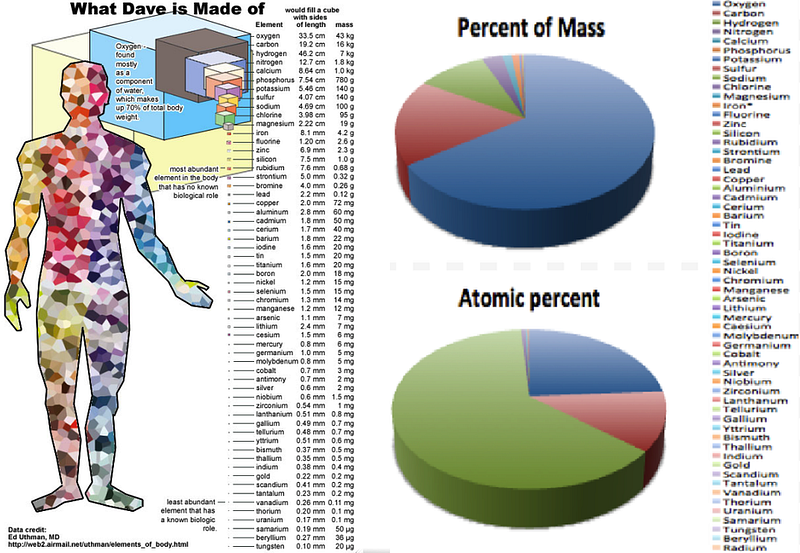
Whenever you realize that something’s wrong with your body — when you find that you’re sick or injured — you turn into a detective. Many of us run through a list of possible causes, based both on our personal experience and on all the information we can gather from the internet. No matter how much information we gather ourselves, however, that’s no substitute for actually going to the doctor. That’s no substitute for doing the actual, critical tests that will determine what’s going on with your body.
Your fever, nausea, and dizziness might turn out not to be the flu, but instead, counterintuitively, to be an ear infection.
Your arm pain might be simple tendinitis, but it could be caused by something worse, like a herniated disk in your neck.
And that scary lump in your testicles might not be a benign cyst or the dreaded cancer you’re fearing, but merely an incompetent, varicose vein.

When you go to the doctor, you’re going because you’re seeking an opinion that’s more informed than even the best one you can formulate on your own. You require additional knowledge and expertise beyond what you possess. You need someone with not only expert-level understanding of the relevant systems, but expert-level experience on how to obtain an accurate diagnosis of the problem. You need someone who’ll look into your ear and know what they’re seeing. You need someone who’ll ask the right questions about your arm and — if they suspect a herniated disk — to order the MRI. And you need a doctor savvy enough to tell you to lay on your back and see if that lump disappears, which it will in the case of a varicose vein.
And sometimes, you need for your doctor to say that they, themselves, don’t know the answer, but knows that a specialist might. You need your doctor to recognize the limitations of their own knowledge and capabilities. You need a referral.
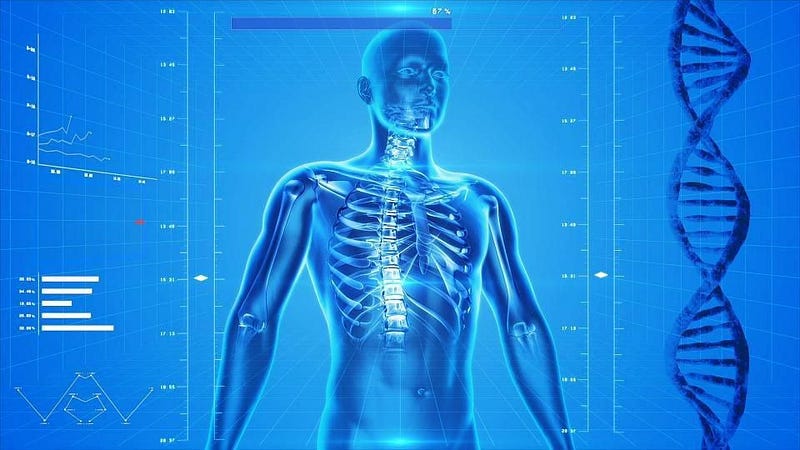
To maximize your chance of a successful outcome and resolution to your health problems, there are a lot of things that need to line up. You need a professional who knows what a wide suite of possibilities are for your symptoms, who accurately assesses your medical situation, and who knows how to tell them apart. You need someone who’s careful, competent, and capable. And even then, you need for them to be correct, as well.
Sometimes you’ll get a diagnosis you simply can’t accept or believe. Sometimes your doctor does their best and simply gets it wrong. And other times — although hopefully this is rare — your doctor is either corrupt, incompetent, or a charlatan. Sometimes you truly need a second opinion. But other times, looking for a second opinion is something we do simply because we don’t like the first opinion we received, even if it’s correct.
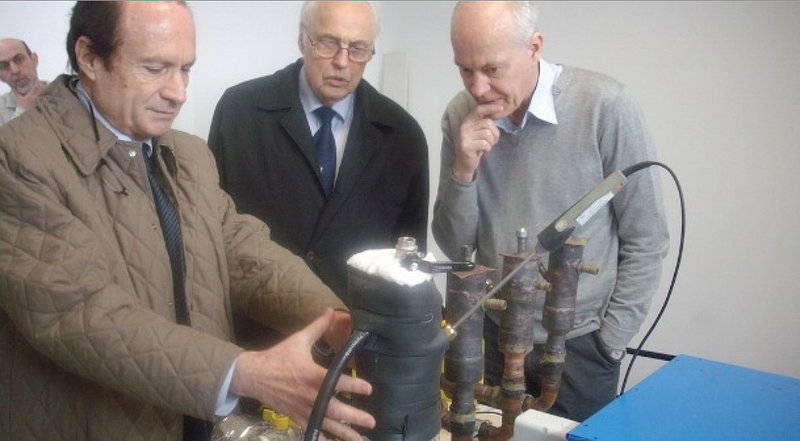
You may be extremely intelligent and capable in a whole slew of ways, but you can immediately recognize the limits to your own knowledge and expertise. There are some things you know extremely well; possibly as well as the top few dozen people on Earth know it. But when it comes to most issues, there are people who have far greater levels of knowledge and expertise than you do.
This isn’t a failing on your part, mind you. This is a result of the fact that, as human beings, we only get one life to live. However we’ve spent our time in this world — whatever we’ve studied, practiced, worked on, researched, etc. — that’s where our greatest expertise lies. And this extends beyond ourselves as well: the expertise of others, particularly when we’re lacking in that expertise, is something we need to rely on when we’re out of our depths.

Which is why it’s so dangerous and delusional to proclaim that you, when you’re a non-expert, are better equipped to assess an expertise-requiring problem than the experts themselves.
You are not.
That doesn’t mean the experts are always right. That doesn’t mean there aren’t frauds, charlatans, fools, cronies, and unimaginitive followers among the experts. That doesn’t mean that people aren’t corrupt, and it doesn’t mean that the expert consensus won’t change as more and better data comes in.
But that’s why we not only have experts, it’s why we have the enterprise of science.
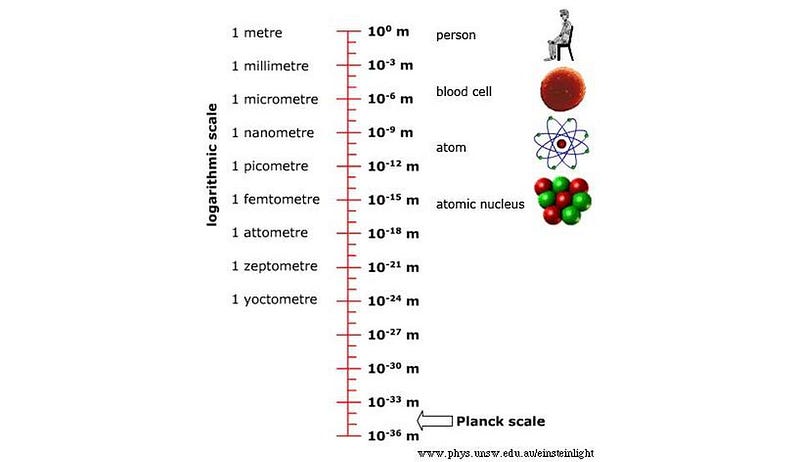
Science — when done correctly — is both the full body of scientific knowledge relevant to a topic and a method for synthesizing all of that information into an overarching framework, model, or theory. It’s natural for a scientific field to have consensus positions and contrarian positions: the former representing what the overwhelming majority of the information indicates is most likely true, the latter representing a minority position that challenges the consensus.
Most frequently, the consensus position turns out to be correct, and holds up to scrutiny. Most often, contrarians toil in obscurity, and justifiably so, as their ideas are unable to account for the full suite of what’s been observed. We might remember the revolutionary ideas and the times when scientists got it wrong, but those are the exceptions, not the norms. And whenever that comes to pass, the scientific consensus is usually quick to shift.
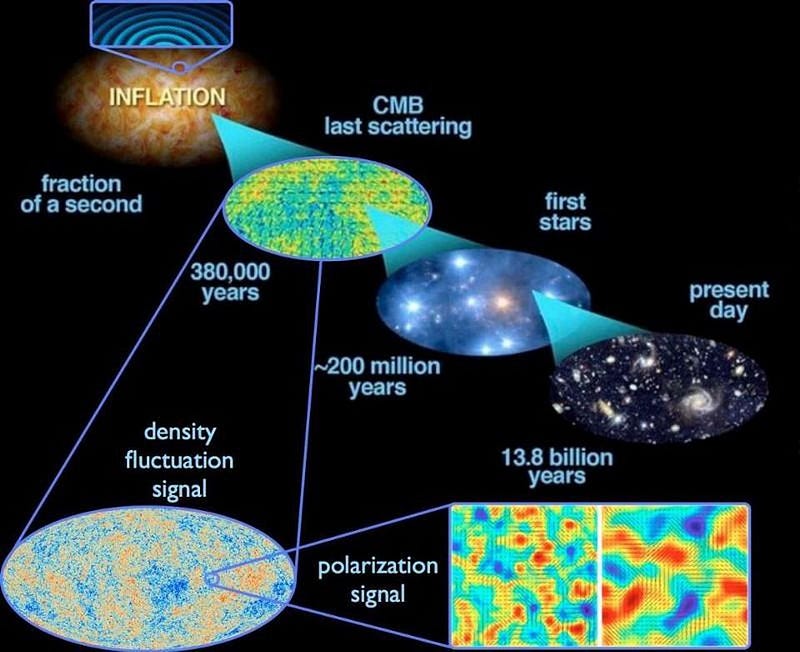
It’s true, as Alex Berezow writes, that it is possible for scientists to disagree on the facts, not just on how those facts are interpreted. But in practically all fields, there are consensus positions that almost everyone agrees on, with the exceptions of people who are motivated from the start to arrive at alternate conclusions.
Quantum field theory and general relativity are the best physics theories that describe the Universe, although there are no shortages of extensions or alternatives to those theories floating around. Dark matter, dark energy, and the inflationary Big Bang are the best descriptors of what makes up our Universe and where it came from, although there are many contrarian scientists out there working on alternatives. A large impact 65 million years ago is the best descriptor of the mass extinction event that occurred at the same time, although there are a few contrarians attributing the extinctions to volcanism or other factors.
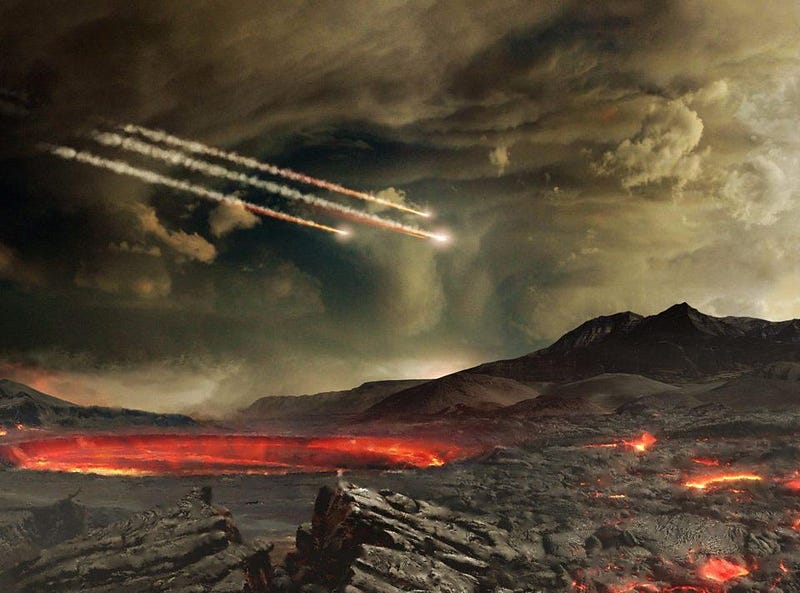
And, perhaps most relevant to world politics, there is an overwhelming consensus that the Earth is warming, that human-caused carbon emissions are the primary driver, and that this is likely to have large, negative, worldwide consequences for humanity.
This is how science works: there are consensus positions that represent the best science we’ve been able to do up to this point, and contrarian positions that challenge them.
You may not agree with the consensus, but that isn’t the point. The point is that the overwhelming majority of experts working in those relevant fields of physical science — of climate science, atmospheric science, of geoscience and related fields — all agree. The theorists agree. The modelers agree. The data scientists agree. And the people who disagree have competing ideas, but these ideas are unsupported by the full suite of data, and cannot explain the observations and measurements as well as the consensus position can.
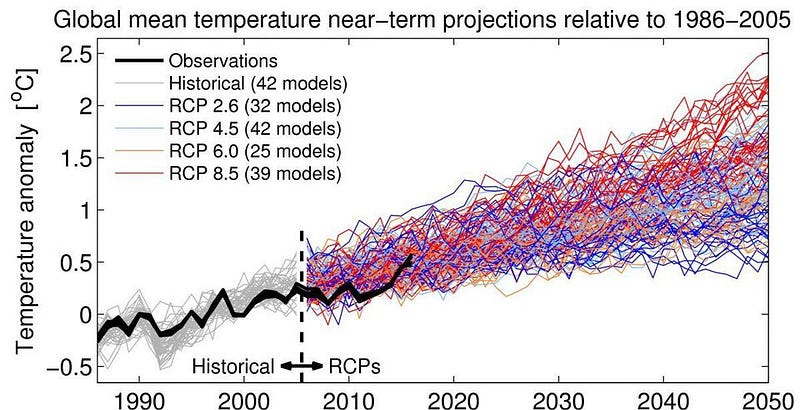
Sometimes, the experts will be wrong. Sometimes, science will surprise us, and we’ll wind up changing our minds as new and better data comes in. Sometimes trends will reverse; sometimes the root cause of a phenomenon is different and deeper than what we originally thought. Science doesn’t end; it simply progresses to a better and more accurate approximation of reality.
Which is why we must accept a robust scientific consensus — wherever one exists — as the default starting position for what we do next. If there’s a policy decision to be made, it must be made in the context of this consensus. When we dismiss science, we dismiss our notion that we care to understand our reality and make fact-based decisions concerning it. When we claim we know better than the experts, we devalue the enterprise of human knowledge.
Science is not fake news. Quite the opposite: it provides the clearest, most accurate view of reality we’ve ever known.
Ethan Siegel is the author of Beyond the Galaxy and Treknology. You can pre-order his third book, currently in development: the Encyclopaedia Cosmologica.





